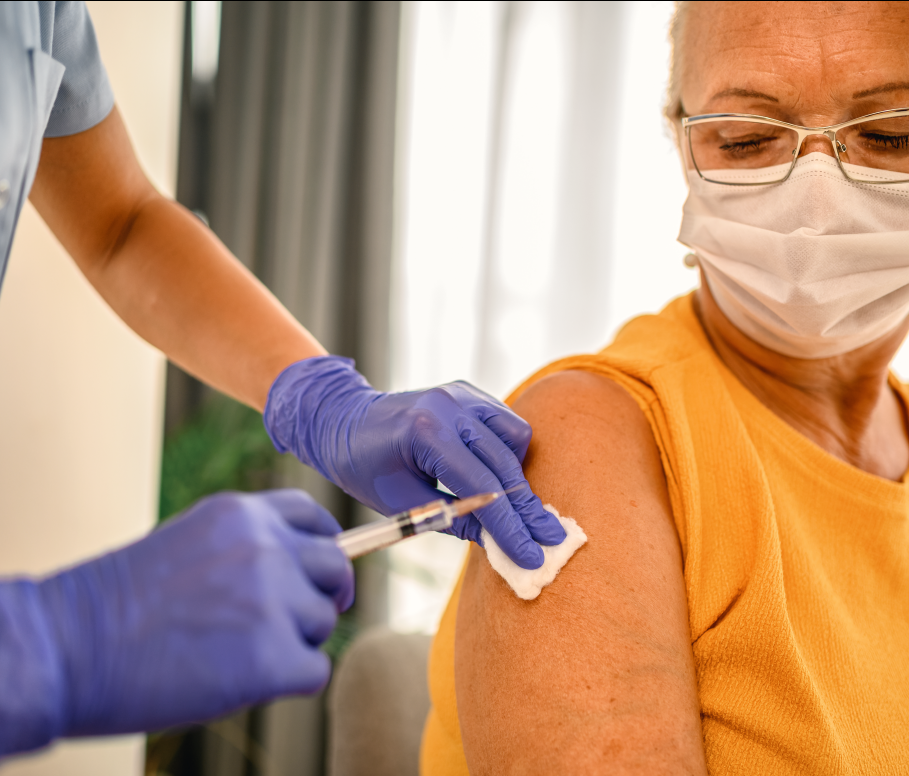Strong intellectual property (IP) rights have been essential to the research, development and distribution of the COVID-19 vaccines and therapeutics that have helped changed the trajectory of the pandemic. Thanks to hundreds of partnerships and collaborative efforts—made possible because of robust IP rights—estimates show that as many as 12 billion COVID-19 vaccines will be produced by the end of 2021.
Unfortunately, despite this progress, a group of vocal IP critics have continued to advocate for undermining the very systems that have protected and incentivized groundbreaking COVID-19 innovations by misguidedly calling for a broad-sweeping waiver to the Trade-Related Aspects of Intellectual Property Rights (TRIPS) agreement. Trade secrets have been a particular focus of anti-IP advocates, who are pushing strongly for governments to compel innovators to share protected, valuable information against the right holders’ will, through the use of a mechanism called compulsory licensing.
A recently published journal article from the George Mason Center for Intellectual Property Innovation Policy examined the domestic and international policy implications of pursuing compulsory licensing for trade secrets. The authors put forth some notable research findings, including:
- Trade secret protections are vital in facilitating information sharing between developed and developing countries. Without the proper protections in place for innovation, “compulsory licensing of trade secrets, as advocated today, could serve to have the opposite effect of what the proponents of reduced trade secret protection purport to do—i.e., decrease technology transfer, including between developed and developing countries.”
- Meaningful cross-border technology transfer, made possible in large part by trade secret protections, is currently taking place and improving access to COVID-19 technologies. For example, a June 2021 announcement shared that mRNA tech transfer hubs would be established in Africa. Led by a consortium of manufacturers, universities and the Africa Centres for Disease Control and Prevention, these hubs will enable necessary training, licensing, transfer of production know-how and scaling of mRNA technology for local manufacturers.
- The TRIPS Agreement does not include a compulsory license provision for trade secrets and, for this to occur, the Agreement would effectively have to be re-written. While the TRIPS agreement permits compulsory licensing as a “limited exception” to stable patent rights under certain narrowly defined conditions, no such language is in place for trade secrets outside of an exception in instances where undisclosed information is a threat to national security. And as the paper’s researchers maintain, the TRIPS agreement, “may not be ‘rewritten’ by academics or adjudicators to create a compulsory license provision for trade secrets out-of-thin-air.”
- Domestic laws in countries that have traditionally been the strongest proponents of robust IP rights, are also devoid of language that would permit the compulsory licensing of trade secrets. In addition to a lack of provisions within international legal frameworks for waiving protections for trade secrets, domestic laws in countries with effective IP systems also support the resolute protection of trade secrets, despite what some critics have claimed. According to the authors’ research of domestic IP law in the United States, the European Union and the United Kingdom, “Any exceptions for trade secret protection in these jurisdictions are narrowly defined and not broad enough to permit.”
The journal’s research findings further bolsters arguments for the importance of protecting and supporting effective and robust domestic and global IP rights. And while safeguarding and incentivizing potentially life changing innovation has always been vital to society at large, it has perhaps never been more important than it is right now, as the global community continues to confront a pandemic of unprecedented scale and magnitude.
Read the research paper in its entirety here: Recent Threats to Global Trade Secret Protection: Why Compulsory Licensing is Not (and Should Not Be) a Viable Legal Option.
“Compulsory licensing of trade secrets, as advocated today, could serve to have the opposite effect of what the proponents of reduced trade secret protection purport to do—i.e., decrease technology transfer, including between developed and developing countries.”
— Eric M. Solovy and Deepak Raju, GMU Center for Intellectual Property x Innovation Policy


